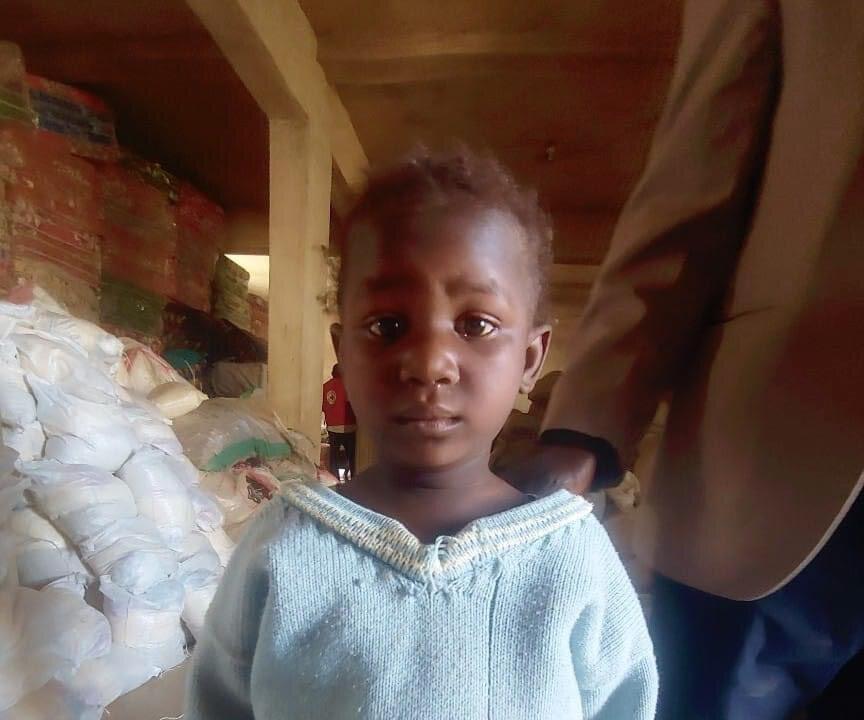Dark memories of Sept. 11, 2001, strike a solemn chord with Nigerians who lost everything that same day in the idyllic hilltop town of Rankum, south of Jos.
Unnoticed by Nigeria’s press and overshadowed by the sensational attacks in the United States, the brutal murder of 200 Christian residents by Fulani militants remains a traumatic memory for survivors who remain uncompensated by the Nigerian government. Today, the former affluent farming town of Rankum has been renamed “Mahanga” and converted to an armed Muslim zone, according to human rights attorney Solomon Dalyop.





